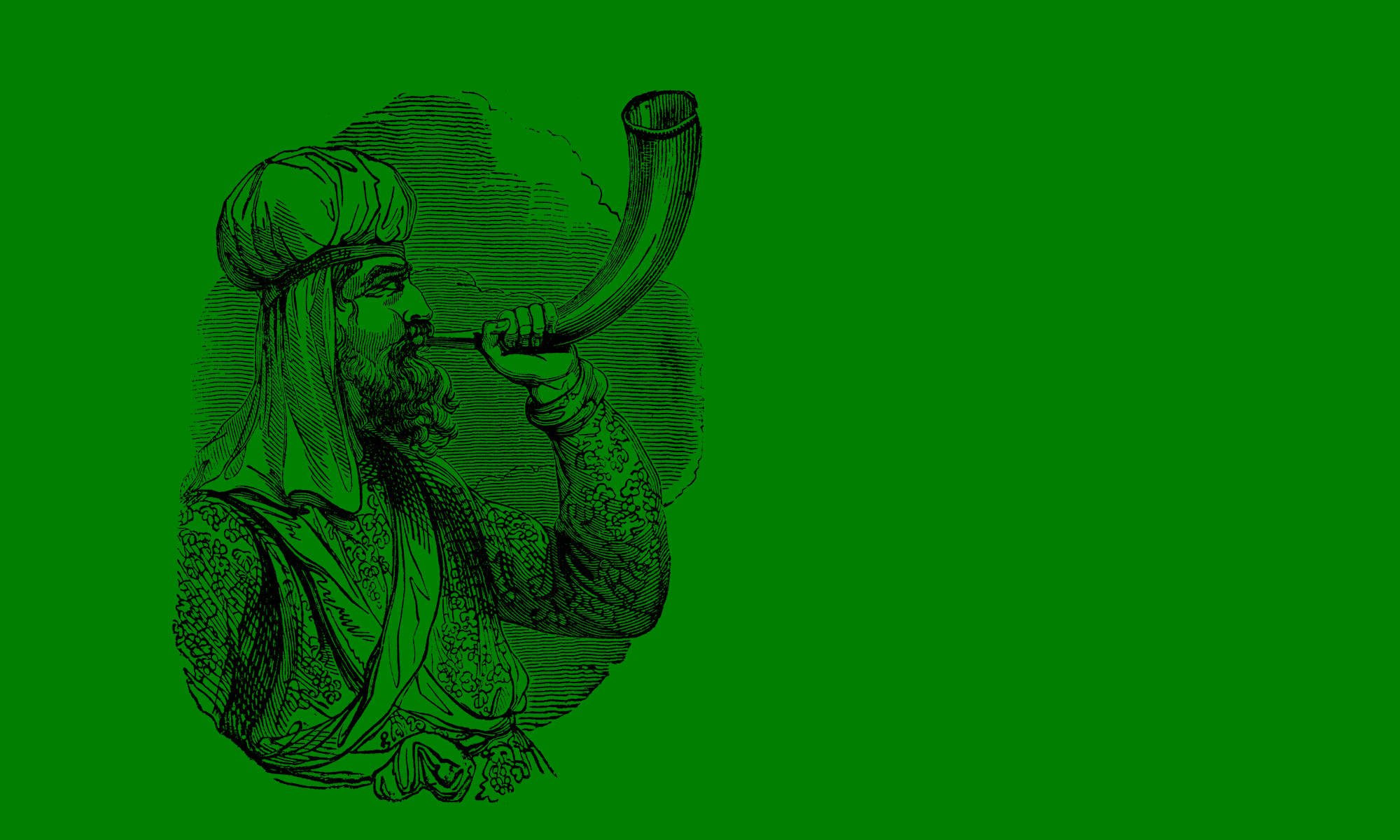
Sunday evening, another very enjoyable weekend – lots of downtime with friends. As is tradition for the week’s first entry, I’ve uploaded a new set of pictures to Keaton’s gallery – why don’t you go ahead and check them out here.
Been devouring Wikipedia articles on the Middle East lately, in my continued efforts to educate myself on the elaborate intertwined history of the people and region. While I didn’t start at the very beginning, I am beginning to establish a factual historical picture that I believe is opinion-free and fact-based. With all the shifting borders, disputed territories, and artificial partitions – it’s a tangled nightmare to try and understand the geographical boundaries let alone the religious, tribal, and political ones. I do feel, though, that I’m getting a little better at it. I understand the implications of Israel’s declaration of independence and the resultant Gaza Strip and West Bank. I’m fairly up to snuff on Hezbollah’s motivations in the capture of Israeli soldiers as a bargaining chip for prisoner release, and how that kicked the situation into its current tailspin. For this knowledge, I love Wikipedia; I really do. Too bad it can’t make people stop dying.
Speaking of the Middle East, I had a thought in church this morning that was interesting. Set a reminder on my cellphone to write about it. I thought it might be interesting to think about the current Israel/Hezbollah/Lebanon conflict as a fundamentalist who favors signs and portents. From that angle, what might the outcome of this fracas tell us? Let’s think about it.
What does the eventual outcome here mean? On the surface, and from a simplified point of view, we have humans fighting other humans over religious beliefs. Sure there are politics and property rights and cultural aspects, but boiled down most of these things can be said to stem from religion. So, above two groups of humans who are fighting we have the God of each of those groups who, in no small way, defines each group. It only makes sense, based on what the sacred texts of each group tell them, that each firmly believes their God has an active hand in the events of their lives, and that whatever happens, it was God’s divine will. This notion becomes extremely interesting (to me) when you think about the current Israel/Hezbollah/Lebanon conflict.
Even though the outcome of this particular conflict is still unknown, could a look at some of the potential outcomes possibly tell us something about the very nature of God? If the assumption is that some higher power is indeed directing or supporting his followers, can an outcome here give humanity in general some insight into the divine?
Will the God of Judaism let his chosen people be once again pushed from the land He promised them? Or will the God of Islam see Jerusalem and Temple Mount once again under Muslim control? Whose God loves His adherents the most? Going one more step: whose God is listening, whose God is rewarding the faith of His people… whose God exists?
Certainly some modern-day Christians would see collapse of the Jewish state as a step backwards in the march to the Second Coming. Without their promised land, the Jews certainly can’t rebuild the temple – another misstep for the unfolding of Biblical end-times prophesy. Three faiths for which the outcome of this conflict could be interpreted as telling of the nature, plans, and, for some, potentially even the relevance or existence of their God. Sure, that may be a hyper-sensitive, reading-into-it, way to look at it – but I’m sure some of the more extreme of adherents are relying on God to see this conflict to what they consider the only just end. Being that it can’t have a just end for both, some will be left questioning God’s plans. Nothing new, to be sure, but interesting nonetheless.
Finally, a qualifying afterthought: I realize that this is most certainly not the first, and is not likely to be the last, time that religious differences have come to a head in the form of humans fighting. I also acknowledge that analyzing a point-view of instances like this on the timeline of humankind and then using that analysis to try and pick a “winning” God may seems stupid. Sure, I’ll admit that Gods and/or their powers likely won’t be proven or disproven by the outcome of one small skirmish along the road from the beginning of times to the end of times, I’ll give you that. But, I still maintain that it’s worth a look, and a good coal for discussion. And, what’s more, maybe the way to look at it isn’t from a point-view, maybe we should consider the longer-term “trending” that’s happening (although, without have an endpoint in sight, trending could be argued worthless in terms of how “far” we’ve come). Anyway, what about those trends? Who’s trends look good, who’s don’t? What would sports bookmakers and odds-men have to say about the world’s religions at this point? Which one is the dark horse, which the frontrunner?
Maybe that would make a good entry someday, trying to get a semi-quantitative count of bad and good things that’ve happened to the major religions since their inception. Maybe a tally of purported prophecy fulfillment, new converts graphed against time, y’know, things that are quasi-measurable. Map all that out to see where they all lie, who’s “winning?” Yeah… maybe someday, but not tonight. Tonight I’m done.
And that’s it, decided to limit Monday’s post to this topic only… binning the other random weekend-writing for mid-week filler. Goodnight folks, love you like money.
Also written on this day...
- back when i did nothing - 2008
- another iPod one - 2007
